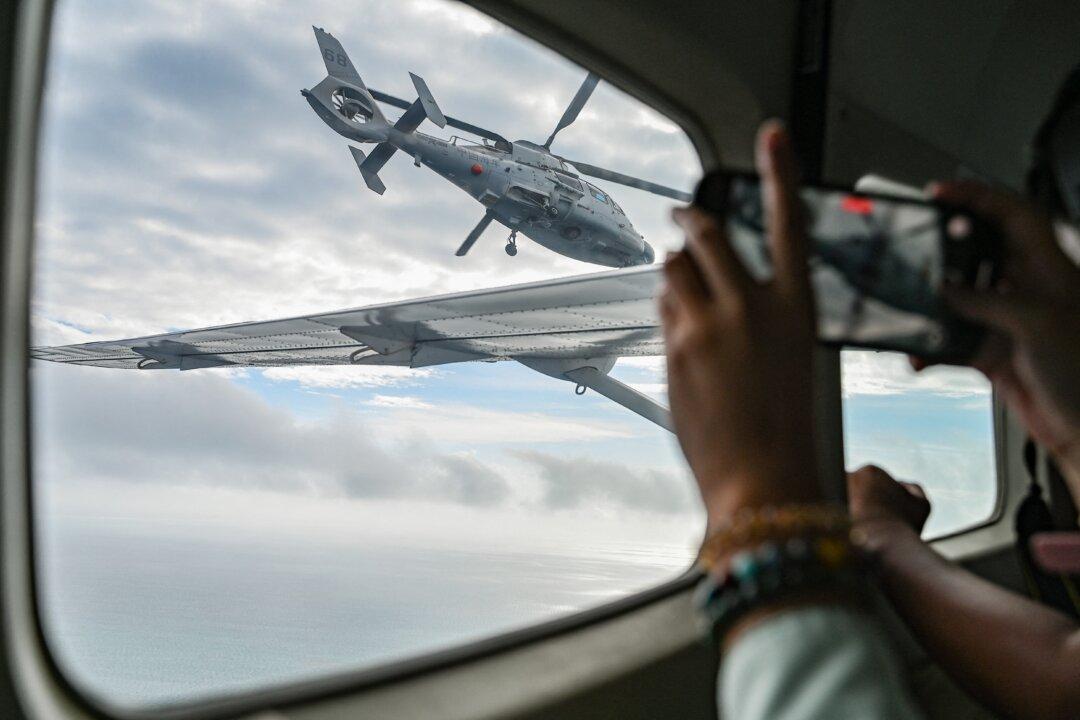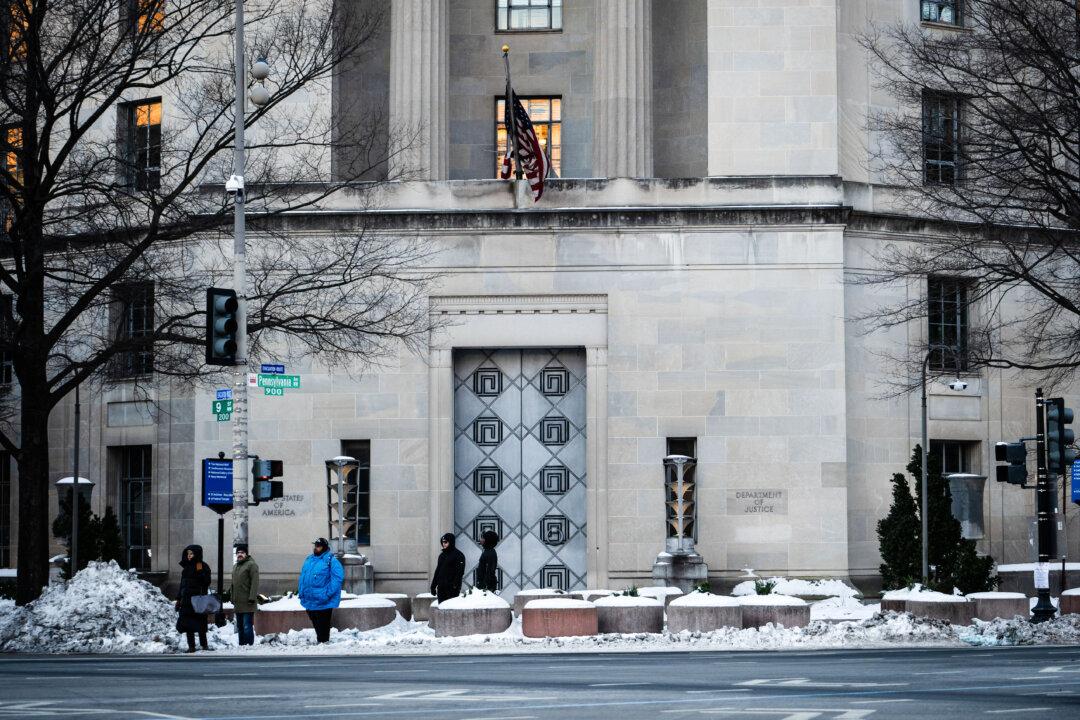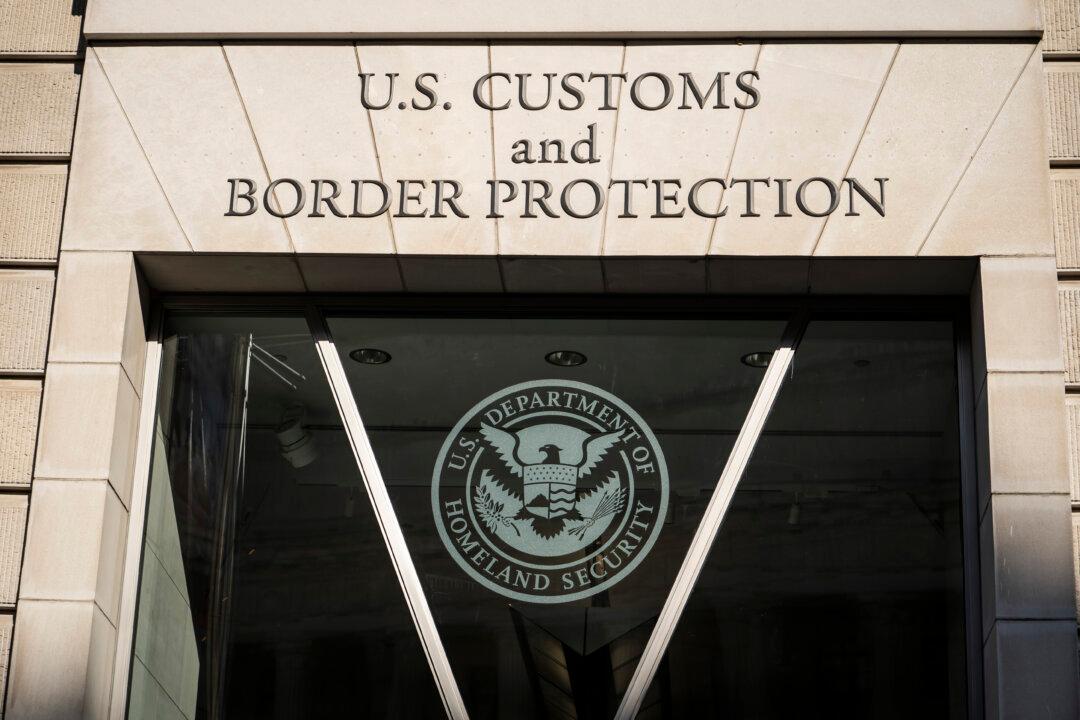China was called out for a litany of bad behaviors in the Indo-Pacific while its democratic neighbor Taiwan was touted as a strong partner to the United States in a report released by the U.S. State Department on Nov. 3.
“Since the start of the Trump Administration, the Department of State and USAID have provided over $4.5 billion in foreign assistance to the region,” the report stated.
China
The State Department identified China as a key threat, noting that it is beginning to export its repression of dissent, civil society, and religion.“Such practices, which Beijing exports to other countries through its political and economic influence, undermine the conditions that have promoted stability and prosperity in the Indo-Pacific for decades.”
The State Department also urged Beijing to uphold its commitments to Hong Kong under the 1984 Sino-British Joint Declaration, which guarantees the territory’s autonomy and freedoms under the “one country, two systems” model after it reverted to Chinese from British rule in 1997.
“We believe that freedom of expression and peaceful assembly must be vigorously protected in Hong Kong and across the Indo-Pacific region,” the report stated.
Hongkongers are headed toward their sixth month of protests against Beijing’s encroachment into their city’s daily affairs. Initial protests about a now-withdrawn extradition bill have since broadened to include demands for greater democracy.
Meanwhile, Southeast Asian countries are facing new challenges that threaten their autonomy and economic independence, according to the report. The challenges include: “debt dependency, a spree of dam-building that concentrates control over downstream flows, plans to blast and dredge riverbeds, extraterritorial river patrols, and a push by some to mold new rules to govern the river in ways that undermine existing institutions.”
Taiwan
“We are also strengthening and deepening our relationship with Taiwan,” the report stated, noting that the U.S. administration has approved more than $10 billion in arms sales to the island this year.On Nov. 4, the United States and Taiwan, for the first time ever, co-hosted an international cyber-exercise event in Taipei, with a focus on combating cyberthreats from North Korea and other actors.
Jyan said that since cyberattacks can be rerouted, he couldn’t ascertain where all the attacks originated from, but he suspected that more than half of them came from China.
Beijing considers Taiwan a renegade province despite the fact the island is a de-facto independent country with its own elected officials and military. The Chinese regime regularly conducts military exercises, infiltration campaigns, and cyberattacks to intimidate Taiwan.
Finally, the report stated that the United States was committed to protecting Taiwan’s international space, and has “repeatedly expressed” concerns about Beijing’s bullying tactics including military maneuvers and poaching of the island’s diplomatic allies.





